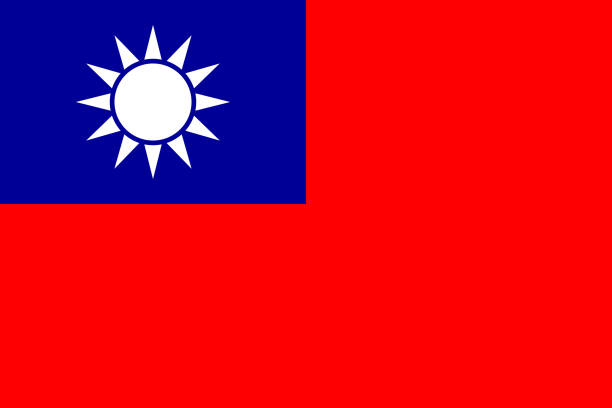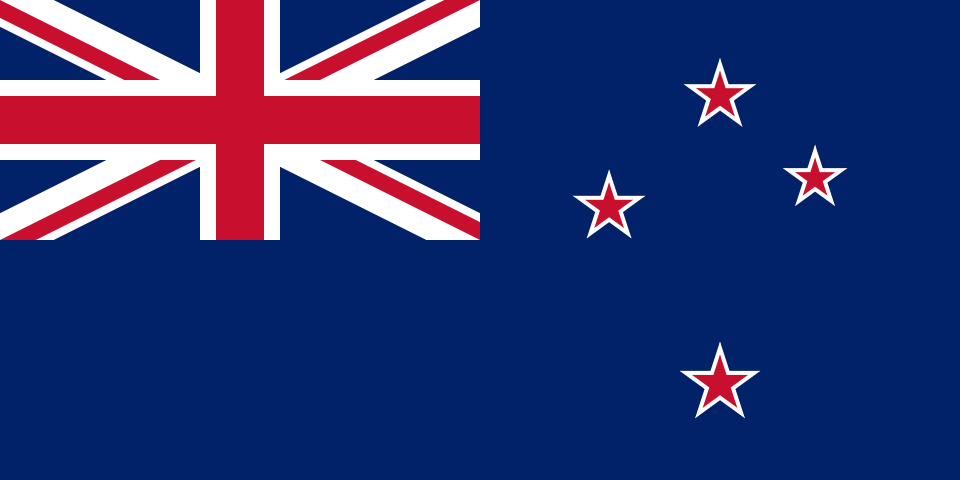Expanding operations into Malaysia presents a wealth of opportunities for global companies. However, navigating the intricacies of work visas and employment regulations can be daunting. This is where an Employer of Record (EOR) becomes invaluable. By leveraging EOR services, companies can hire remote employees in Malaysia without the complexities of establishing a local entity or managing visa processes independently.
Understanding Work Visas in Malaysia
Malaysia offers several types of work visas for foreign nationals:
- Employment Pass (EP): Designed for skilled professionals, managers, and technical experts. The EP is categorized based on salary and contract duration:
- Category I: For high-level positions with salaries above RM10,000, valid up to 5 years.
- Category II: For mid-level positions with salaries between RM5,000 and RM9,999, valid up to 2 years.
- Category III: For lower-level positions with salaries between RM3,000 and RM4,999, valid up to 12 months and renewable twice.
- Category I: For high-level positions with salaries above RM10,000, valid up to 5 years.
- Professional Visit Pass (PVP): For foreign professionals providing short-term services or training in Malaysia, typically valid for up to 12 months.
- Temporary Employment Pass (TEP): For unskilled or semi-skilled workers in sectors like manufacturing and construction, valid for up to 2 years.
Obtaining these visas traditionally requires the employer to be a registered entity in Malaysia, complete with approvals from various governmental bodies.
The Role of an Employer of Record (EOR)
An Employer of Record is a third-party organization that legally employs workers on behalf of another company. The EOR assumes responsibility for legal and administrative employment tasks, such as payroll, taxes, benefits, and compliance with local labor laws. While the EOR handles these formalities, the client company oversees the daily activities and work of the employees.
By partnering with an EOR, companies can:
- Hire Remote Employees: Engage talent in Malaysia without establishing a local entity.
- Manage Payroll Outsourcing: Ensure timely and compliant salary disbursements, including tax withholdings and statutory contributions.
- Ensure Compliance: Adhere to Malaysian labor laws, including the Employment Act and Industrial Relations Act.
- Handle Work Visas: Facilitate the acquisition of necessary work permits for foreign employees.
Do You Need a Work Visa with an EOR?
The necessity of a work visa when using an EOR depends on the employee’s nationality and location:
- Hiring Malaysian Citizens or Permanent Residents: No work visa is required. The EOR can onboard these employees directly, ensuring compliance with local employment laws.
- Hiring Foreign Nationals Residing in Malaysia: A valid work visa is mandatory. The EOR can sponsor and manage the visa application process, ensuring all regulatory requirements are met.
- Hiring Foreign Nationals Working Remotely from Their Home Country: If the employee remains in their home country, a Malaysian work visa is typically not required. However, the EOR must ensure compliance with the employment laws of the employee’s country of residence.
Benefits of Using an EOR in Malaysia
Engaging an EOR offers several advantages:
- Rapid Market Entry: Bypassing the need to establish a local entity accelerates the hiring process.
- Cost Efficiency: Eliminates expenses associated with company registration, office setup, and ongoing administrative overheads.
- Compliance Assurance: The EOR stays abreast of legal changes, ensuring ongoing adherence to labor laws and regulations.
- Focus on Core Operations: With administrative tasks outsourced, companies can concentrate on strategic initiatives and business growth.
Choosing Between EOR and PEO
While both EOR and Professional Employer Organization (PEO) services assist with employment tasks, they differ in structure:
- EOR: Acts as the sole legal employer, handling all employment responsibilities. Ideal for companies without a legal entity in Malaysia.
- PEO: Engages in a co-employment relationship, sharing employer responsibilities with the client company. Typically requires the client to have a legal entity in the country.
For companies without a Malaysian entity, an EOR is the more suitable option.
Conclusion
Navigating Malaysia’s employment landscape can be complex, especially concerning work visas and compliance. Partnering with an Employer of Record simplifies this process, allowing companies to hire remote employees efficiently and compliantly. Whether you’re exploring the Malaysian market or expanding your global footprint, leveraging EOR services ensures a seamless and legally sound approach to international hiring.








